|
12/4/2022 Poetry By Ramona McNish R. Miller CC
Quarterback Boyfriend Breaker of horses and other boys spirits and leftist nihilism, with the field lights all hitting his helmet like a dying star, he takes his grace and gets it dirty, he takes his might and makes it hurt. Fit like pre teen daydream, sexless in his sweat licked state, flicks his hair back, doggish as he turns his face to the light, his pupils all indigo polaroid flash, looks up at me like I’m a scoreboard miracle. I cheer for him like I don’t know the concussion statistics or that he still texts his ex. He does it for his dad, and he does it for the girls, and he does it for the glory, and he does it for the fun, because it’s fun, losing like a bitch, and winning like a bitch, and saying things like that with a straight tooth smile. And I do it for that smile, and I do it for the status, and I do it for the sex, and, okay, I do it for the fun, screaming on the bleachers, and standing for the anthem, just for Friday nights. And when it’s over he’s choking down onion rings like the deep fry is anointment, thanking God when he’s asked, like it was God’s fault, this body, this red hot american heart, this late September air filling his lungs till they sting. On the car ride home he says things like chip shot and hand off, and hail mary pass, and, “You looked really pretty tonight.” My untragic hero fells me like he fells this small town with no other Friday night plans, earnest, strong, and gleaming, with many false starts, breathing hard, his face out of view the entire time. Hatchback Babies They are careening towards sleep what little flesh they have, all speckled red, The neverending twisting knots of hair, their crowning glory. These girl-boys, rest their bird bone ankles on the radiator, though the summer’s run a fever like someone stuck a swiss army knife in its engine. These boy-girls, play sick and play dead, play Ophelia and Hamlet, forget their lines by act five, play that sad song cassette again. When scars are traded like baseball cards on a frosty schoolyard, they are reliable. This one on her inner thigh from scaling the fence to the public pool at one in the morning. This one on his lip from when the fist caught his cheek and the tooth peeked through. Maybe it’s gone to California, this doctrine of teenage tumble. The fog might do them good. They bite like wild animals, you know, gnawing on each other's skinny limbs, undoing so much damage with their spit. Ramona McNish is an emerging poet in the Bay Area, attending Bishop O'Dowd High School. She is a junior staff editor for Polyphony Lit, and in her free time enjoys reading, listening to music, and staring at her bedroom ceiling. 12/4/2022 Poetry By Noah David Roberts R. Miller CC
Impressions I used to faint every time we talked about broken bones in class until a few years ago the world ended and I painted my body with ink with blades when I was young I would burn infinitely in the night cigarettes pressure against the skin leaves marks that even secrets can tell and I’ve tried to die twice but neither time I was successful I wonder often if that makes me stupid that I don’t understand my own mortality or how to re-take it and there’s a wonder in being unconscious and thoughts are overwhelming when you’ve been stabbed in the arm by a thick needle’s eye recently my friend quietly incising my flesh over and over and I remember why I went on psych meds now Rx containers were the vessel of my first death it’s only natural I should paint my body with tattoos of the things that should’ve killed me Noah David Roberts (they/them) is a non-binary poet and artist attending Community College of Philadelphia. Roberts is the author of the poetry collections Us v. Them, Strips, Slime Thing [and other poems], and Final Girl Mythos. Roberts has poems published in Big Scream, Tribes Magazine, Horror Sleaze Trash, and more. 12/4/2022 Poetry By Wendy Barry R. Miller CC
Too Much Water If she’d lived, she’d have drowned nonetheless-- in all the madness. When she drives to work every day—from Willow Street, up the highway that runs aslant Brook River, the weeds are hanging off her, streaming out the window of the car—long purples, maidenhair. Upon her head rests a crown of crow-flowers and nettles, entwined with the stems of her bifocals, pushed back on her hair for the drive, cheap sunglasses on her face instead. She pulls into the parking lot, and as she steps out of the car, the water sluices from the open door, around her clothes, spilling across the asphalt, filling the parking lot. Daisies and ragged robins sail past her feet on a stream filled with broken glass--glinting fantastically in the sun--and candy wrappers. The hoary leaves sweep by, towards the sewer grate--lifted on the muddy stream. The billows of her coat carry her along, buoying her up for a while in the flood, shoes ruined again. Her briefcase, full of essays, pendant on her shoulder, and clambering for attention. She sings snatches of old songs plucked out of the airwaves—a poor singing wretch. Indued unto another element, she leaves a nettle on the counter at the grocery store checkout, and puddles on the floor at the vet. Pool Don’t save me, says the child. The child is barely treading water. Their little face is just poked above the surface--nose pointed up at a turquoise sky—the flaring nostrils--blue eyes, darker than the water, and bright, like sapphires--blueberries--night-sky--the droplets of water in their hair, on their face, in their eyelashes, shining. Cheeks rosy from exertion and the sun. The pool around them is cerulean and stretches out in a wide rectangle from the child in the deep end. We are right there. Stout little legs are kicking hard beneath the water, and they are puffing mightily, their small lungs pumping. Don’t save me, they say. We look at each other. We know this child. We do not save them. We let them kick. The sun is beating down on us. The wasps are patrolling the patio. Scrubby bushes poke through the red dirt. Pool toys are strewn everywhere, bright-colored towels, careless lounge chairs grouped in disarray. Don’t save me, says the child. The child is still kicking. Don’t save me, the child says. The child is grown. They are still kicking. Don’t save me, they say. Plenty Everybody brings food--when it hits. Those whose house it has missed, for now, bring offerings to our secret god: the butterbean casseroles prepared, the hams of sympathy--baked in honey, green beans with curled onions and cans of condensed soup, containers of fried chicken, both in buckets and boxes, or lasagna, vegetable or sausage, macaroni and cheese from a variety of recipes, baked ziti, brownies, bagels with cream cheese and lox, pastries, salads with broccoli florets, and quiches. Called to the temple of grief, they bring the food in baking dishes or aluminum pans, not their good dishes, because who knows when things will come around, when they will be returned, when it will all come back to you. The people fill the house, talking, some laughing. They bring the food. They are not dead. The refrigerator fills up, packed sideways and backwards, and stuffed into chaos, and the platters come out of the cupboards and the china cabinet. The high priestesses take charge, and onto the table the women and girls pile the food, the plates, the napkins, the spoons, forks, dull knives, while the shamans and acolytes drink shots of the burning water of life on the porch, or away, behind the garage, at the back of the yard, or accept a beer in the driveway from the cooler in the trunk of a car of a true believer. Spread out on the dining room table, and kitchen island or counters, Pyrex dishes of scalloped potatoes, stockpots of vegetable-bean soup, and cornbread, baked in a skillet, chicken and rice, and poundcake, banana pudding, barbecue, buns, and coleslaw are arranged with fruit salad, cold-cuts, chicken pot-pie, ears of corn from their garden, chocolate-chip cookies, croissants. The grieving heap their plates and come back for more. They eat in silence, balancing dishes and cutlery on their laps, perched on benches or folding chairs, the good, upholstered furniture. They know there is plenty to go around. Wendy Barry is a Connecticut Yankee living in South Carolina. She has recently had poems accepted for publication at The Meadow and Santa Clara Review and is the co-editor of The Annotated Anne of Green Gables from Oxford University Press. She is a poet, gardener, jewelry-maker, painter, teacher, and friend to dogs. 12/3/2022 Poetry By Marda Messick R. Miller CC
The Spring I lived with my children and a man not their father in a half-built house on an old logging road. We drank from a pipe that ran from a spring and when the pipe froze we drank melted snow. When the boy wet the bed every night in his sleep the man made him wash his sheets in a tub. When the girl left her coat the man made her walk the three miles to school and all the way back. When I left him we hid until it was safe and moved to a town in the east of the state. I think of the spring that welled in the woods and I think of the wood that burned in the stove. Kind water and wood that did not condemn but gave all we took for thirst and for cold. Marda Messick is a poet writing in Tallahassee, Florida. Her work has appeared or is forthcoming in Verse-Virtual, Muleskinner Review, The Christian Century, Literary Mama, Delmarva Review, and other publications. 12/3/2022 Poetry By Ariana D. Den Bleyker Seth Stoll CC
Slipping The scar of this poem is buried beneath it. It gives strength, swaggers through the body, its fingers pressed against the flesh, its name—skin, a once-green thing that, in dying, birthed a thousand fissures spreading mood & flattening dreams. Don’t speak, the skin will melt. Find parallel words floating along side the highway & pluck them like roses. Healing doesn’t speak. It’s easier that way. It slips its curved fingers down the throat & pulls out the strength in echoes. Ariana D. Den Bleyker is a Pittsburgh native currently residing in New York’s Hudson Valley where she is a wife and mother of two. When she’s not writing, she’s spending time with her family and every once in a while sleeps. She is the author of three collections, including Wayward Lines (RawArt Press, 2015), the chapbooks Forgetting Aesop (Bandini Books, LLC, 2011), Naked Animal (Flutter Press, 2012), My Father Had a Daughter (Alabaster Leaves Publishing, 2013), Hatched from Bone (Flutter Press, 2014), On Coming of Age and Stitches (Origami Poems Project, 2014), On This and That (Bitterzoet Press, 2015), Strangest Sea (Porkbelly Press, 2015), Beautiful Wreckage (Flutter Press, 2015), Unsent (Origami Poems Project, 2015), The Peace of Wild Things (Porkbelly Press, 2015), Knee Deep in Bone (Hermeneutic Chaos Press, 2015), Birds Never Sing in Caves (Dancing Girl Press, 2016), Cutting Eyes from Ghosts (Blood Pudding Press, 2017), Scars are Memories Bleeding Through (Yavanika Press, 2018), A Bridge of You (Origami Poems Project, 2019), Confessions of a Mother Hovering in the Space Where Birds Collide with Windows (Ghost City Press, 2019), America in Solitude (Staring Problem Press, 2019), and The Human Body Falls at a Rate of 32 Seconds per Second (Alien Buddha Press). She is also the author of three crime novellas, a novelette, and an experimental memoir. She is the founder and publisher of ELJ Editions. She hopes you'll fall in love with her words. 12/3/2022 Poetry By Emily Long R. Miller CC
Polychrome after Megan Falley I tracked my mood every night in graph paper scribbles to see if the medication was working. Picked up a paintbrush on New Year’s morning-- the January I wasn’t sure I’d stick around to see-- put those 365 variegated pixels onto a canvas reminder that the bad days are not my whole picture. Tangerine for the birthday my friends baked two cakes to celebrate because I deserve to feel full. Periwinkle when her ghost kissed my cheek in a dream and I could almost taste the song of her laugh. Onyx when her suicide note looked less like a stoplight, more like a map. The canvas is soot-stained and tear-smeared but I’m more struck by the warmth of this life, the tenacious waltz of apricot and saffron. If I squint my eyes just so, I almost can’t see the black anymore. It was the year I spent the longest day clinging to my sister in the emergency room while the nights got greedier outside. The next morning I inhaled a whimsy of wildflowers and watched a moose lope through a Rocky Mountain meadow. Marigold skinny dips in Maine, siena sobremesas in California, strawberry ice cream with my dog and lavender boba with my nephew. The night we got too high and painted the living room August so it could always be peach season. The night it seemed easier to die than to feel. I flushed the handful of pills down the drain instead of my throat, wept with the eastern light. This cocktail of capsules makes me mourn the sunrises I almost dyed whiteout, so I write myself a love letter in a kaleidoscope of Sharpies and tell myself to keep going. There will be more good days. Holy prism of wonder, you will paint more good days. You who wanted to leave but stayed to see the backyard apple tree blush into spring. Sway to Billie Holiday with your niece perched on the dimple of your waist. Kiss and be kissed and be and be and be. Every day you write yourself a horizon you become your own redemption. Eleven Truths and a Lie after Willa Tellekson-Flash
A Catalog of Gender Euphoria My first tattoo, a bouquet of all the places I’ve called home. A reminder I can replant myself anytime a place starts to feel too small. Tie-dye coveralls, indigo softness. Chopping off 8 inches of hair to start fresh in the spring, even when a former friend told me not to. A writing workshop where everyone used they/them pronouns for me & it was helium. Floating belly up arms open in the Pacific, more levity. The snail tattoo crawling down my forearm. Bubblegum pink lipstick. Chunky, dangly, inconvenient earrings. A closet full of shared button-downs, androgynous & colorful & well-loved. Periwinkle nail polish. Tortoise shell glasses & summertime freckles on the bridge of my nose. The picture of me & the dog on the beach, walking toward the wet horizon. We both turned back for a moment before our toes met the waves again. My languid dress the color of daffodils. I look like a flower blooming right from the sea. Emily Long (she/they) is a queer writer living in Denver, Colorado. A winner of the 2021 True Colors poetry prize with Vocal Media & Moleskine, Emily has also been previously published in Anti-Heroin Chic, Quail Bell Magazine, & Passengers Journal, among others. You can find Emily on Instagram at @emdashemi, or more likely, you’ll find them paddleboarding, hiking, and climbing in the Rocky Mountains with their partner and rescue pup. 12/3/2022 Poetry By Rebecca Brock R. Miller CC
Tammi Calls from Walmart She must have her headphones on, I can hear the background music and other shoppers and her cart with a bad wheel that rattles and follows her through the aisles— maybe vegetables, or frozen dinners, easy to cook—soon, eventually, all her husband will be able to eat is mashed potatoes or Mac & Cheese. I listen to her doing the things we do and call living—dish soap, maybe socks-- surely alcohol. We talk like we are good at ice skating—straight sentences push us along evenly, or accidentally aim us right at her husband’s ALS diagnosis at 53. I can’t even believe what’s normal now, she says and we are through—wet, struggling-- our street clothes pulling us down—our hair plastered to our middle-aged faces and I have to try to fish her out, make a joke as I pull and tug her back to Walmart, to the cart with the wonky wheel, my only tool my voice and decades of story between us. Of course all loss is speakable if you learn—or remember—how to surface. Blue sky or cloudy, it doesn’t matter which, not really, just that it’s still there, holding for now—and anyway you need groceries, dinner, someone has to mow the lawn, wash the car, tell the kids. I don’t know how but I’m doing it she says from self-checkout, scanning erratic beeps and I know I’m a hindrance now, say, I’ll call again soon, feel that woozy sense I’ve known so often lately like a thin place, maybe the top of a mountain—the air there, the view, and all around me scattershot of boulder, cloud and tree— that steep ongoing Wild. A Presbyterian Walks into a Crystal Shop for Melina My friend listens to stones, says they choose her--What do you want, she asks and I don’t know-- I am distracted: rutilated quartz, aquamarine, selenite, jasper, amethyst, tiger eye--What do you need? she asks as if I know. I squint and bend and almost kneel to read each worn-eared cardboard sign: clarity, peace, prosperity, balance. Eventually, I shrug my stone-filled hands. She studies my clutch, bites her lip, replaces one, then two— This one’s better, she says, adds tourmaline and goldstone. For protection, and strength, she says, sure of it. Usually I just pray, I joke out loud but even when I pray I half imagine God’s side-eye for not doing it right—my dull thud of Dear Father for solidity, a place to start. Words like protect, forgive, surround, heal— all small and weighted, tumble out my mouth into one day’s end and the next-- it’s not that nothing is beautiful or true-- just that so many things are: all these crumbs we hold too, all we try to gather-- our usual words that sound like questions, or the answer you pretend to hear when a friend hands you a stone lit through with stardust and says it’s just for you. Rebecca Brock’s work appears/will appear in The Threepenny Review, CALYX, Mom Egg Review, Rust + Moth, Whale Road Review and elsewhere. She won the 2022 Muriel Craft Bailey Memorial Poetry Contest at The Comstock Review, judged by Ellen Bass, and the 2022 Editor's Choice Award at Sheila-Na-Gig. Her first chapbook, Each Bearing Out, is available from Kelsay Books. She is a reader at SWWIM. You can find more of her work at www.rebeccabrock.org. 12/3/2022 Poetry By Nicolette Daskalakis alaina buzas CC
automatic mouths My mouth asked: How are you? because that’s what it’s supposed to ask. Your mouth replied: Ok. because that’s what it’s supposed to say. I watched you take a second let the word hit the air and see if it landed right. You looked at it hanging in front of you wondering if it was the right answer eyes falling to meet your untied laces, anywhere but me: Yeah, just that, I guess. Ok. My mouth shot off its automatic: Well, we’re living in the fuckin’ apocalypse. (Friendly laugh) (Sip of beer) I watched it leave my mouth, automatic at the speed of a second drink, first party, crowd of smoking strangers I watched it hanging there and realized, it was not the right answer. You let your mouth smile, automatic your head nod, automatic. (Friendly laugh) (Sip of beer) Born in the fog of San Francisco, Nicolette Daskalakis is a writer, filmmaker, and visual artist. Her work has appeared in Rattle, The New York Times, Pride.com, and elsewhere. She is the author of "Portrait of Your Ex Assembling Furniture." Nicolette holds a BA in Film & TV Production from the USC School of Cinematic Arts, and is currently pursuing a Masters in Fine Arts in France. You can find her at www.nicolettedaskalakis.com or on Instagram @hellonicolette and @nicolettepoetry 12/3/2022 Poetry By April Renee lgbsneak CC
THE PROSTITUTE’S DAUGHTER hailing cars in the dark using only her alluring womanhood, my mama made a living off her sexuality starting all the way back in the 80s. my canned peas came from her famously firm grip. people say you hate cops a lot for a white girl, and i ask them if they’ve ever seen their mother’s mugshot. if they’ve ever watched the charges stack up. 1, 8, 15, 19. i want to know if they have ever watched the very thing that sustains their family be called dirty. they say sex sells but only in a specific way. women have the right to profit off their bodies as long as some male producer gets a cut. according to the feminists, the hooker's child is someone to be pitied. how hurt i must be. how damaged my psyche. but don’t fret, ladies. after all, i am a prostitute’s daughter. i was taught that my body holds power. i am aware of my own worth. habits the staggeringly strong scent of trapped smoke and dehydrated urine impregnates the air and i make sure to check my baby’s breath. confirm that he didn’t choke on his vomit while i slept. his friends tell me that he’s so much better since he met me and i wonder how much more grim things could have possibly been before. i hate all of his habits, but i still love him. navigating over cum crusted boxers and crushed coors cans, i locate the stain remover from under the chipped sink and get to work as he grunts and moans, presumably fucking god knows who in his dreams. i’ve seen his search history. i know i am aging out of his preferred sexual category. i try not to worry about my worry lines and the way they will inevitably be our apocalypse. instead, i wake early on these mornings and erase the messes he made the night before, mostly so i don’t have to deal with the self-loathing bullshit he will pull whenever faced with consequences. i don’t think i can handle one more session of convincing him that he’s a good person. (there is no way for me to convince him that he is good because he isn’t.) i stay in spite of that. because i know that bad people need love too. i repeat it back to myself in the cloudy mirror: i love him. i love him. even if it’s only because i’m too afraid to love anything else. even if it’s only because i am too afraid to love anything that doesn’t hurt. April Renee is a poet residing in Portland, Oregon. April has been writing and performing poetry since age nine and views writing as an opportunity to explore her identity as a queer disabled woman. April’s work has appeared or is forthcoming in Querencia Press, Feral Journal of Poetry and Art, Eunoia Review, Pile Press, and others. 12/3/2022 Poetry By Rebecca Lehmann mark m CC
Labyrinthine Villanelle I wanted your death to work in rhyme, as I wanted to hold your terror close, as I wanted to figure out the world, labyrinthine. I wanted to follow the unspooled ball of twine and end in your mortal teeth, in tidy rows. I wanted your death to work in rhyme. Instead, of course, your curly hair, serpentine, Medusa’s stare that turned my face to frozen stone. And there, your worldly exit, labyrinthine. Put your finger on the maze. Search its through-line. Dipped in turpentine, your finger runs its curves and rows. Swerving thus, I wanted your death to work in rhyme. I let you catch me. Let you turn and find the bull at my center, breath hot and ring in its nose. You never found the exit, dead-ended and labyrinthine. I wanted to decenter you. I wanted you to un-pose. I wanted to take a scalpel to your death, I suppose. I wanted your death to work in rhyme, as I wanted to mete and measure the world, labyrinthine. Pastel When I was an ignorant child I stared in the face of glory or was it the face of my mother holding open a book of art prints to say Look, look, though we were poor, too poor for art. When you are too poor for art, you cannot afford anything even the truth. The truth is I loved my mother and her pastels, which she kept in a leather case, and her special paper I wasn’t allowed to touch. It was a different time then we could afford to live in our own town. Not like now when everybody lives in an apartment complex on the edge of town so vacationers can buy all the shitty little bungalows. In the streets, no children are riding bicycles, or walking to the schools, which have been torn down, and the park is full of moneyed retirees, who’ve turned the beach into a bird refuge, so no children are swimming there or making sandcastles. The way wealth chews through everything pretty, pries open your hand, like a mother pries open the hand of her child, and says You give that back to me right now. Rebecca Lehmann is the author of two collections of poetry: Ringer (University of Pittsburgh Press, 2019) and Between the Crackups (Salt, 2011). Her work has appeared in The Missouri Review, Ploughshares, Tin House, The Slowdown with Tracy K. Smith and other venues. |
AuthorWrite something about yourself. No need to be fancy, just an overview. Archives
April 2024
Categories |
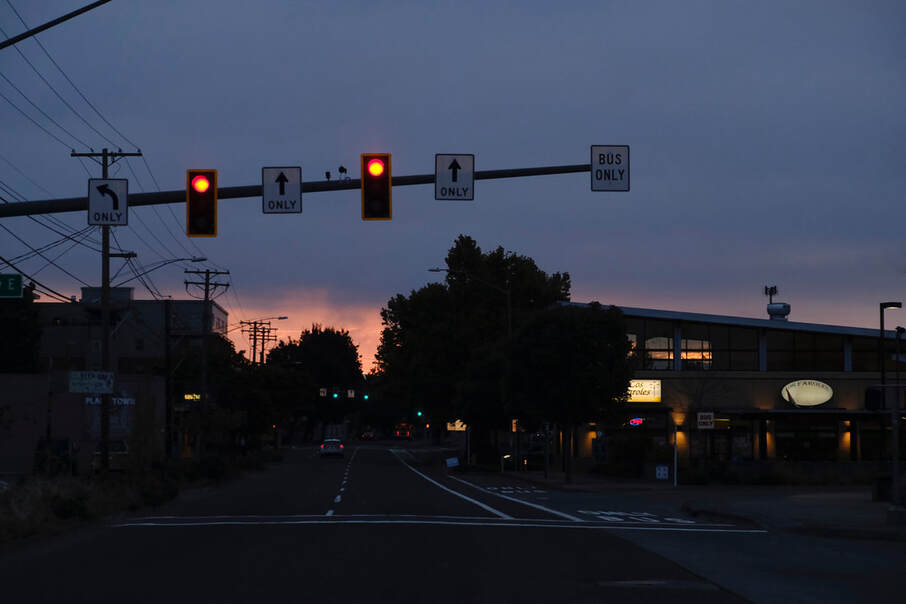
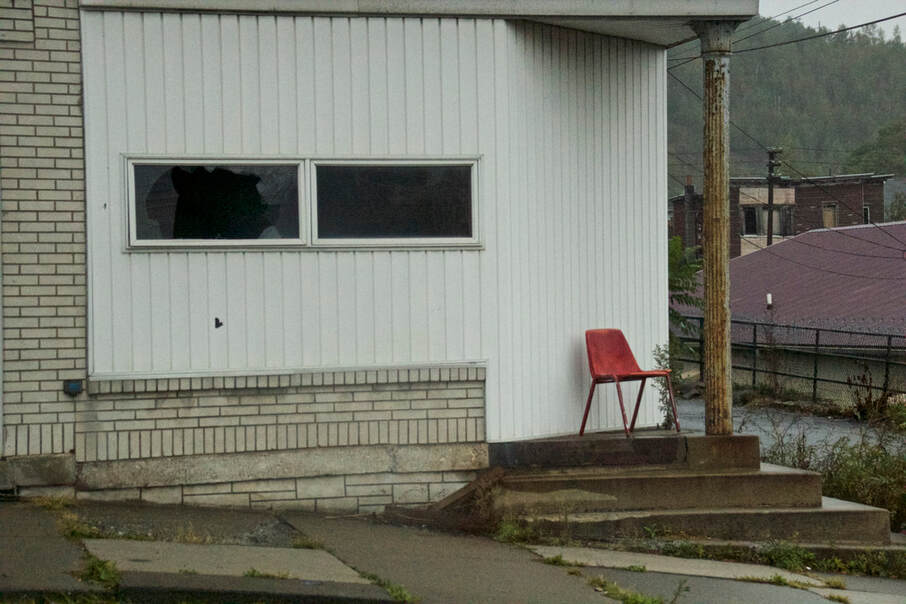
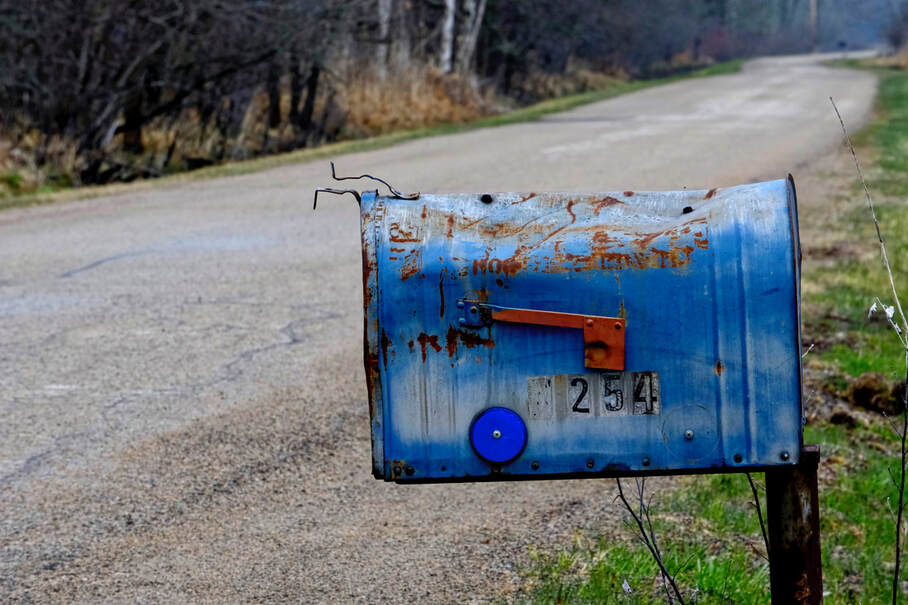
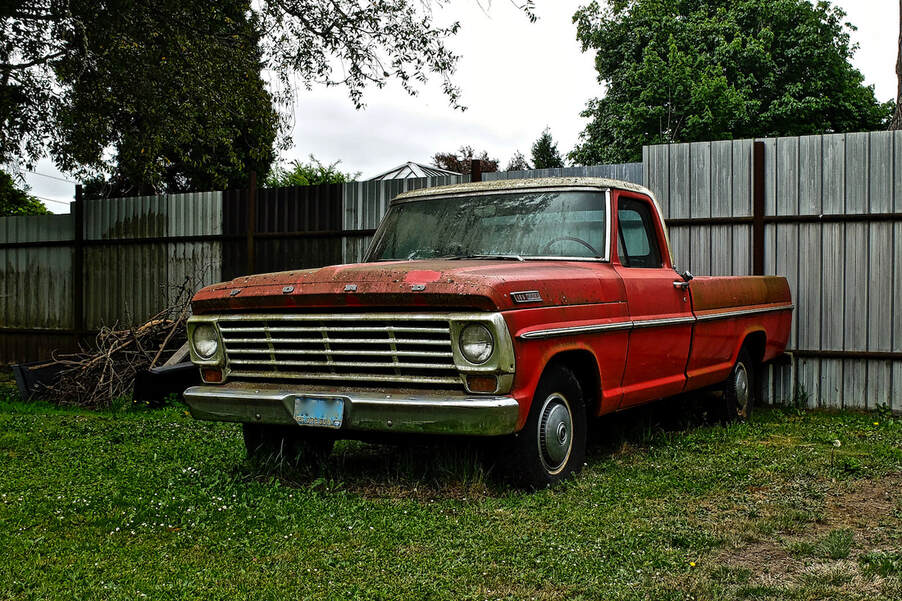
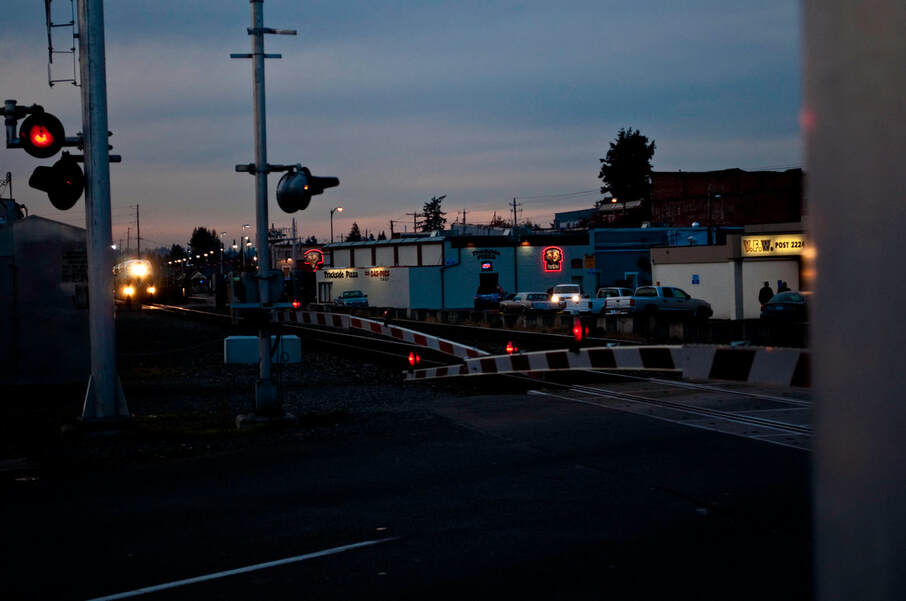
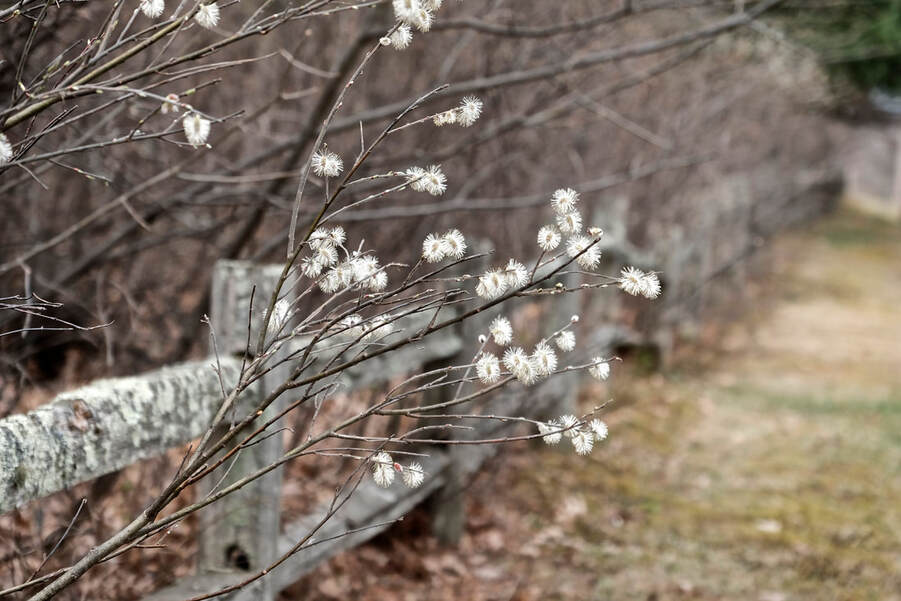
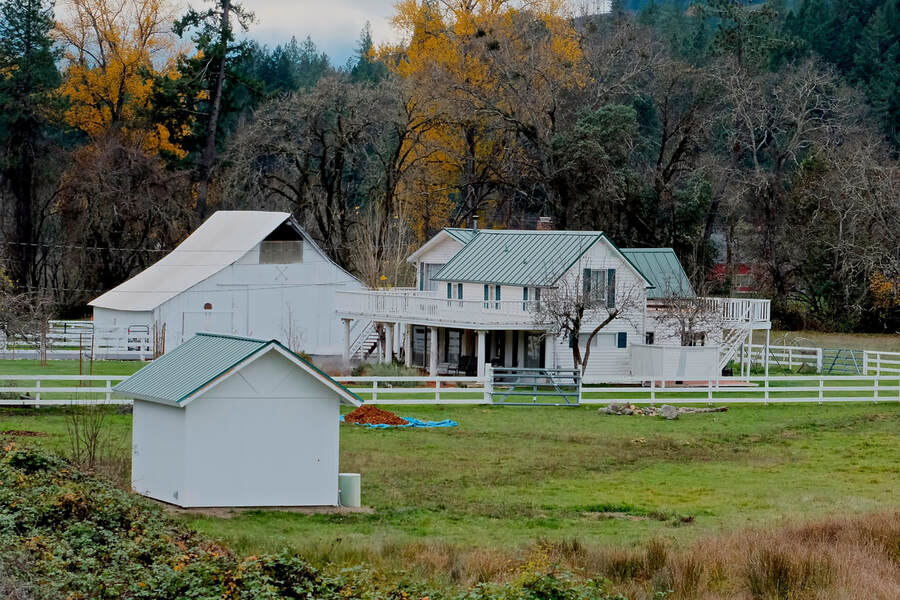
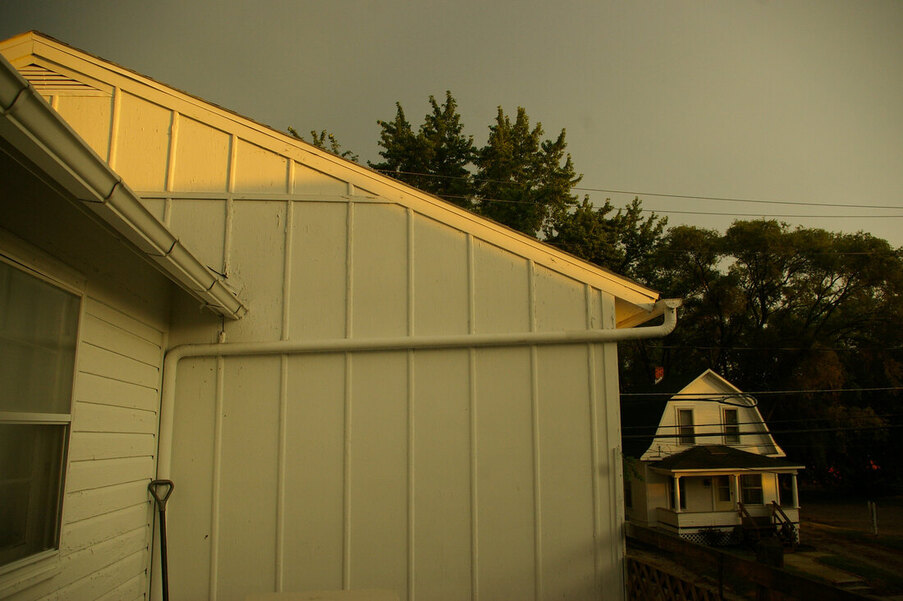
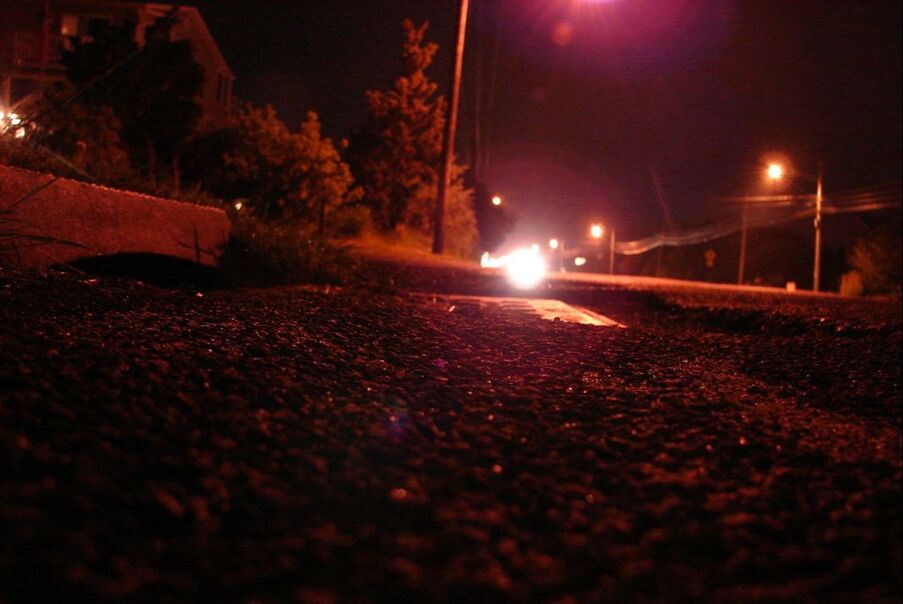
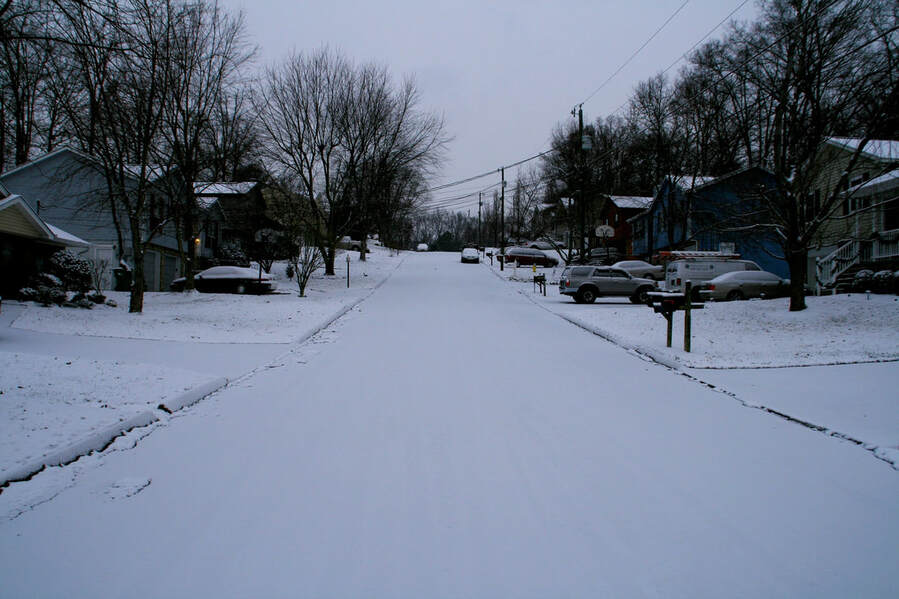
 RSS Feed
RSS Feed
